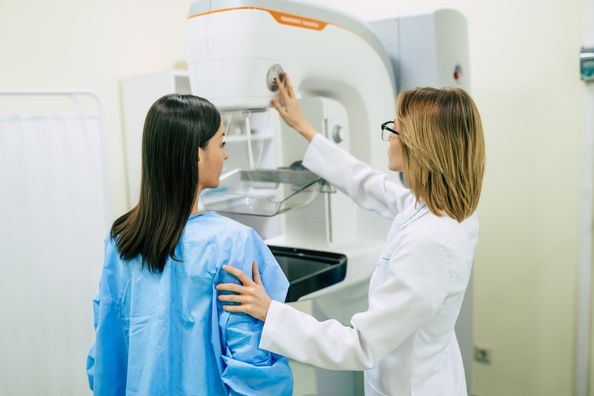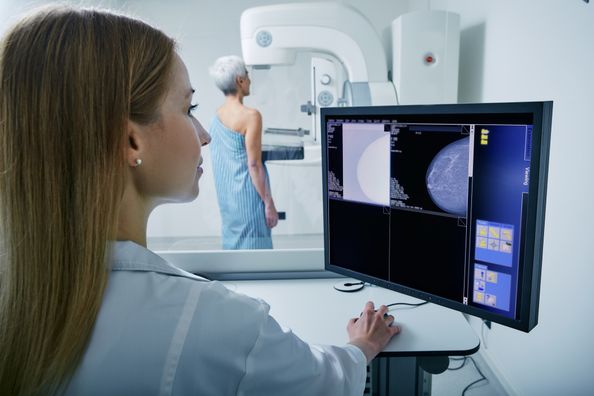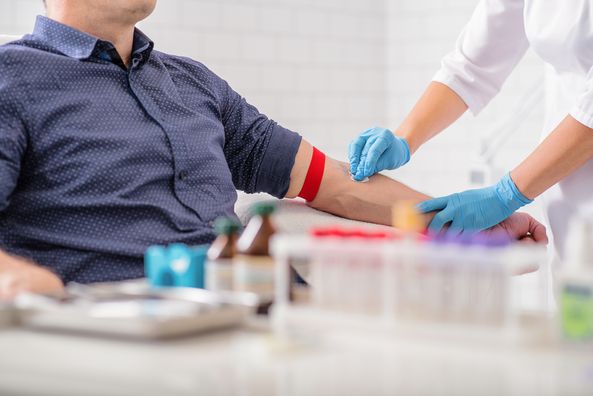What is an EKG?
An electrocardiogram, also known as an EKG, helps detect and diagnose different heart conditions. An EKG is a non-invasive, painless test that records the electrical signals produced from your heart. An EKG can detect:
- Abnormal heartbeats (arrhythmias)
- Heart defects
- Blocked or narrow heart arteries (coronary heart disease)
- A heart attack (in emergency situations) or a previous heart attack
What can I expect at my EKG appointment?
A standard EKG test only takes a few minutes. The test can be done in a doctor’s office or hospital, usually by a technician. You’ll be asked to change into a hospital gown and lie on an exam table or bed. 10 electrodes-small sticky patches-will be attached to your legs, arms, and chest. If you have hair where the patches need to go, the technician may need to shave the area. After this is done, you simply lie there for a few minutes and breathe normally. Make sure you are warm and comfortable and ready to lie still for a few minutes, as shivering, moving and talking can distort the test results.
There are virtually no risks involved in an EKG test. There is no risk of electrocution. There may be slight discomfort when removing the electrodes; this feeling is similar to removing a bandage. Very rarely, a skin reaction to the electrodes occurs.
When can I see my results?
You can usually expect to see your results the same day as your test. Depending on your results, your doctor may request more testing.
If your heart rate is irregular, your doctor may ask you to wear a Holter monitor for 24 hours. During this time period, you will also keep a diary of your activities and symptoms. Then, your doctor will compare your Holter monitor results and your diary to try to find the underlying problem.
If you have a heart problem that only occurs occasionally, you may be asked to use an event recorder. This device is similar to a Holter monitor but can monitor for a longer duration.
Finally, a stress test might be needed. You will either walk on a treadmill or ride a stationary bike while an EKG test is being performed. If you are unable to walk, you will be given a medication that simulates the effect of exercise.
Health Topics:







